News 10/9/12
Aprima attempts to capitalize on last week’s announcement that the AllscriptsMyWay product will not be enhanced to meet Stage 2 MU requirements. Aprima reminds MyWay customers that the software is based on Aprima’s PRM 2008 version and offers a no-charge license migration, as long as practices sign up for maintenance and support. Aprima also says that MyWay resellers can join Aprima’s reseller network and offer their customers an upgrade option.
Allscripts, by the way, provided us with further clarification on their MyWay-Professional Suite upgrade program:
Could you clarify “free upgrade?” Is that a free license, a free conversion, or both?
This upgrade includes software, implementation and training. It will start in January 2013 and end in September 2013. The implementation will be facilitated by enhanced tools that make data conversion and interface activation seamless. This, coupled with tailored simulation learning and a hands-on weekend learning event, will prepare clients to take advantage of their newly upgraded software.
Does the maintenance fee change for MyWay clients once they’re on Pro?
The maintenance fees will remain the same as what is defined in a MyWay client’s current agreement.
And when you say “converged platform,” how is it different than the current Pro product?
We are launching a converged platform and the first step is to move our MyWay clients to this platform. They will experience many enhancements including mobility with Wand, our native iPad mobility solution, additional content including more specialties, and real time point of care/clinical decision support. In addition, the converged platform will be able to process ICD-10 codes and is planned to be certified for Meaningful Use Stage 2.
Allscripts is also said to be considering first-round bids for a leveraged buyout from PE firms Blackstone Group, Carlyle Group, and Silver Lake Management.
Physicians using EHR scored significantly higher on quality of care for four screening measures for diabetes, breast cancer, chlamydia, and colorectal cancer, according to a study published in the
Journal of General Internal Medicine.
Miami Children’s Hospital (FL) will deploy CareCloud’s RCM product for its 200 physicians.
Dr. Mehmet Oz of “The Dr. Oz Show” and Google Health’s Lisa Duncan are featured presenters at Practice Fusion’s Connect 2012 user conference next month.
A majority of clinicians believe electronic HIE will positively impact healthcare. Physicians say the biggest HIE barriers include the lack of interoperability, the lack of exchange infrastructures, and the costs associated with developing interfaces and exchanges.
Professional services company CBIZ acquires the assets of anesthesia billing company ProMedical, Inc.
Physician offices added 6,600 jobs in September, representing a 0.3 percent gain. Hospital jobs grew 0.2 percent with the addition of 8,000 workers.
Startup BetterDoctor launches its doctor-connect app nationwide after several months of beta-testing in San Francisco. The app matches patients to the “best” doctors based on specialty, location, and other consumer preferences and excludes any physicians in the midst of malpractice lawsuits.
Epocrates is asking readers for input on questions or topics for its annual survey of primary care physicians, cardiologists, oncologists, and psychiatrists. If you have any suggestions, let me know and I will pass it on.

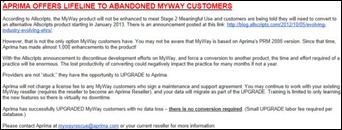
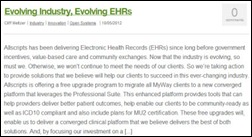
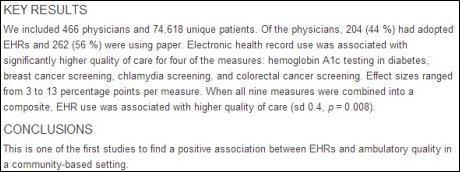
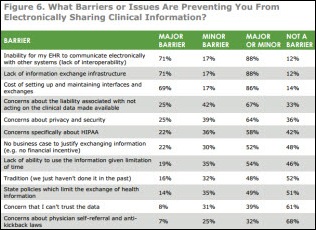
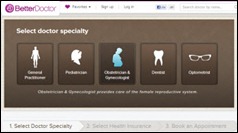

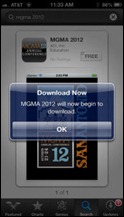
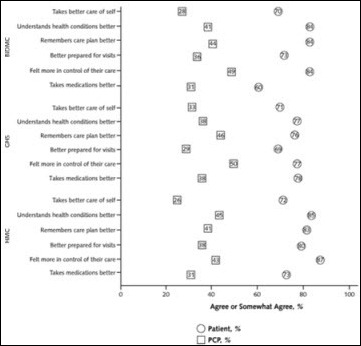

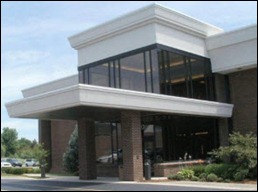

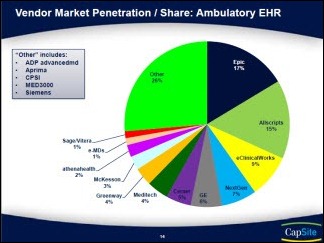
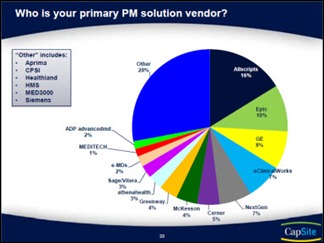



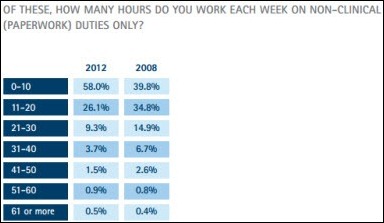
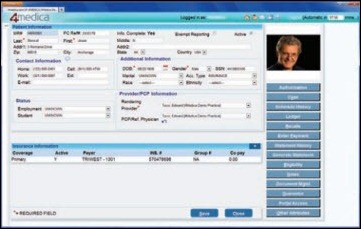
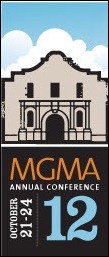
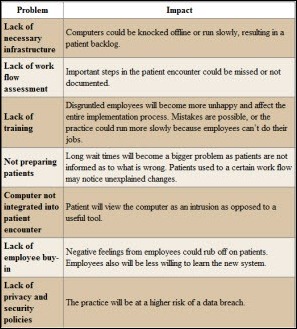

The article about Pediatric Associates in CA has a nugget with a potentially outsized impact: the implication that VFC vaccines…